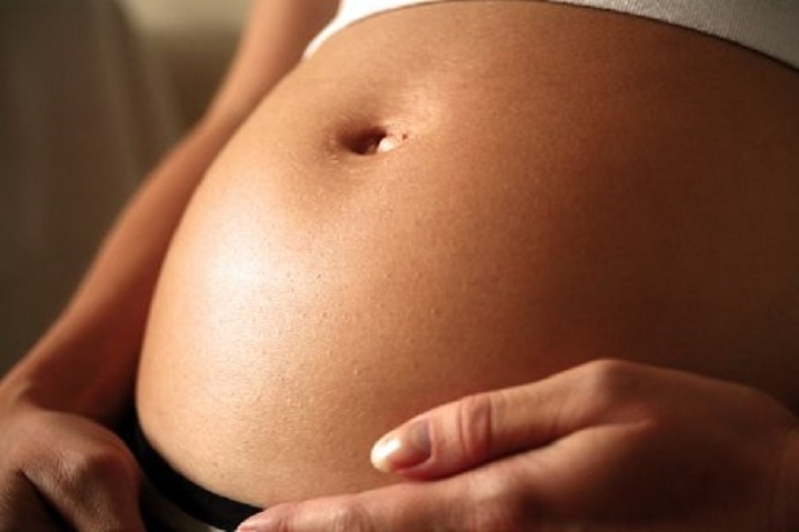
Women who experience depression while in the early stages of pregnancy are more likely to develop gestational diabetes, scientists reported in a recent study.
Interestingly, pregnant women who have gestational diabetes are more likely to fall into postpartum depression, the researchers said.
The study results showed that women who suffered from depression within the first two trimesters of pregnancy faced a double risk for developing gestational diabetes. On the other hand, women with gestational diabetes had an increased risk for postpartum depression.
The researchers analyzed thousands of pregnancy records from the NICHD Fetal Growth Studies-Singleton Cohort. The data included records of 2,334 women who were not obese and 468 obese women from 2009 to 2013. All of them were in their eight to 13 weeks of pregnancy.
The respondents were asked to answer questionnaires regarding depression at different times during their pregnancy.
"Of particular note, persistent depression from the first to second trimester set women at even greater risk for gestational diabetes," lead study author Cuilin Zhang from the Division of Intramural Population Health Research at NICHD said in a press release.
Zhang also noted that women with the “highest scores for depression” during the said stages of pregnancy were almost three times more likely to develop gestational diabetes compared to those with “lower depression scores.”
The NIH researchers who conducted the study said the two-way link is an important indication that doctors should take patients with either depression or diabetes more seriously.
"Our results suggest it would be a good idea for clinicians to pay particular attention to women with high depression scores when evaluating the risk of gestational diabetes," Zhang added.
Study author Stefanie Hinkle from the Division of Intramural Population Health Research at the Eunice Kennedy Shriver National Institute of Child Health and Human Development (NICHD) said their results “suggest that depression and gestational diabetes may occur together.”
“Until we learn more, physicians may want to consider observing pregnant women with depressive symptoms for signs of gestational diabetes. They also may want to monitor women who have had gestational diabetes for signs of postpartum depression,” she added.
The researchers also found that while obesity increases the risk for gestational diabetes, depressed women who were not obese were more likely to develop gestational diabetes compared to obese women.
The study authors wrote that “women with persistently high depression scores” in their first and second trimesters faced “the greatest risk” for gestational diabetes.
Meanwhile, 15 percent of women who had gestational diabetes showed signs of depression after giving birth.
The U.S. Centers for Diseae Control and Prevention recommends that women with gestational diabetes eat healthy food and follow a regular exercise routine. Their blood sugar should be consistently monitored during pregnancy. The CDC also recommends testing for diabetes within 12 weeks of giving birth.







